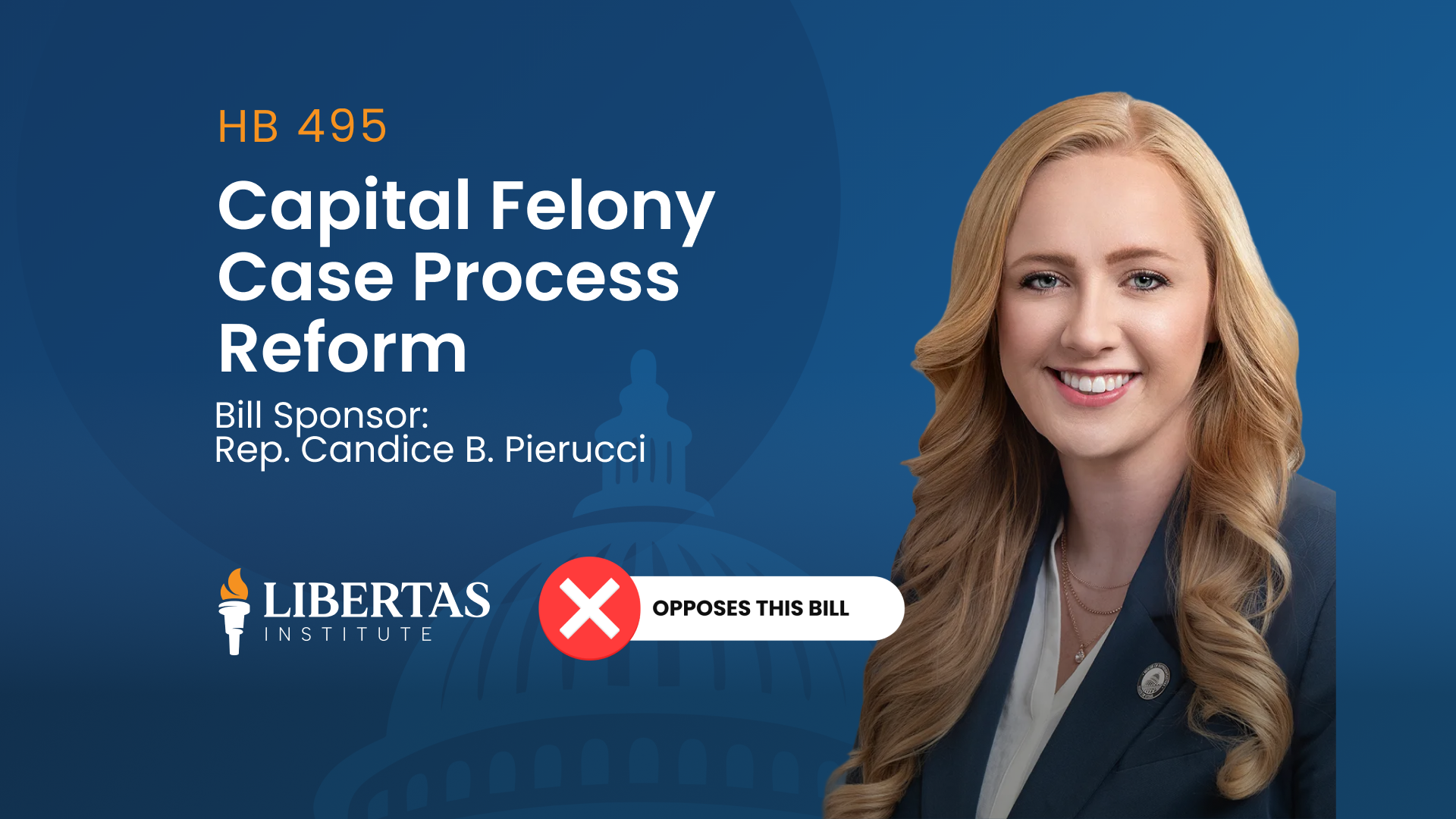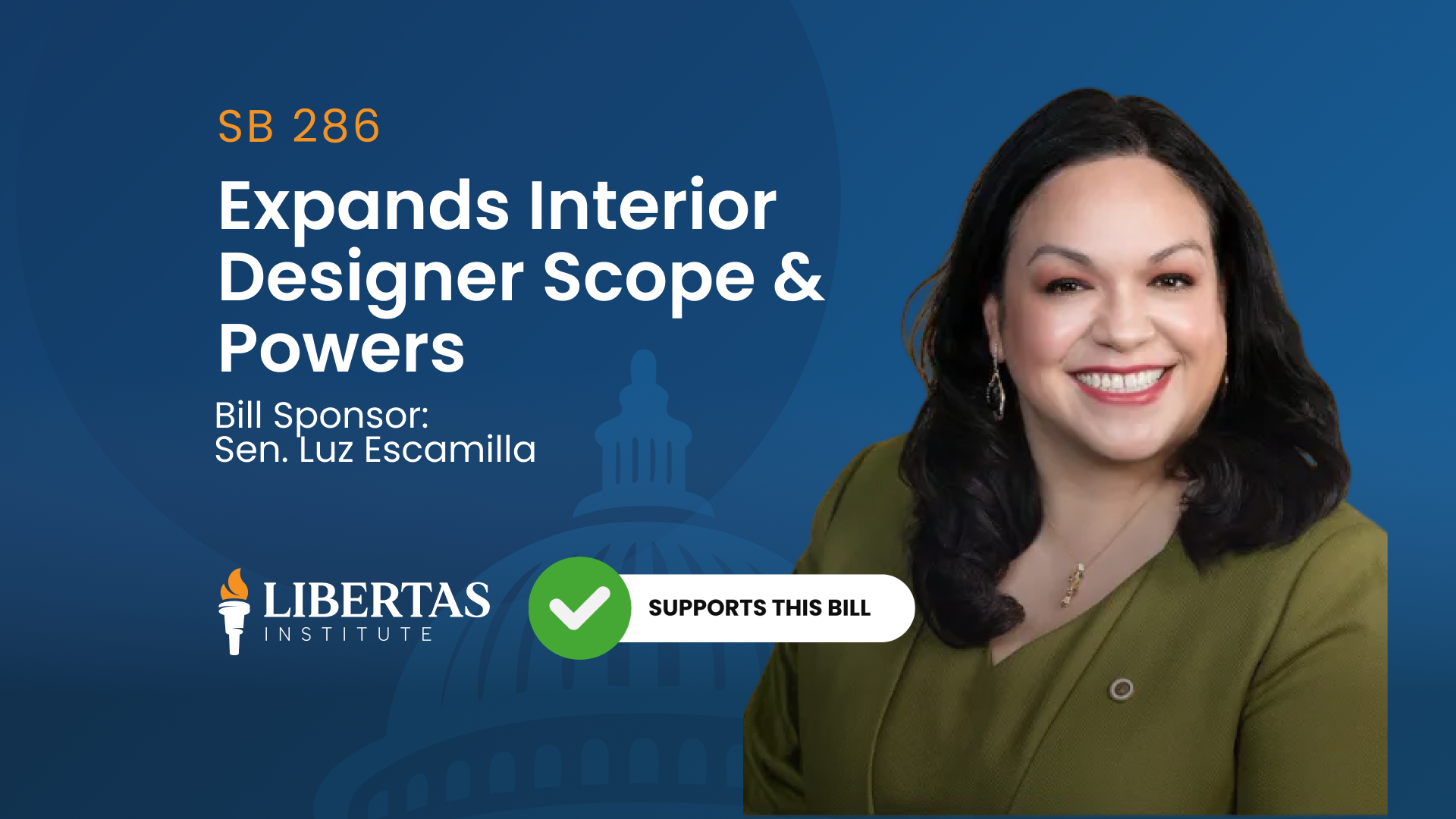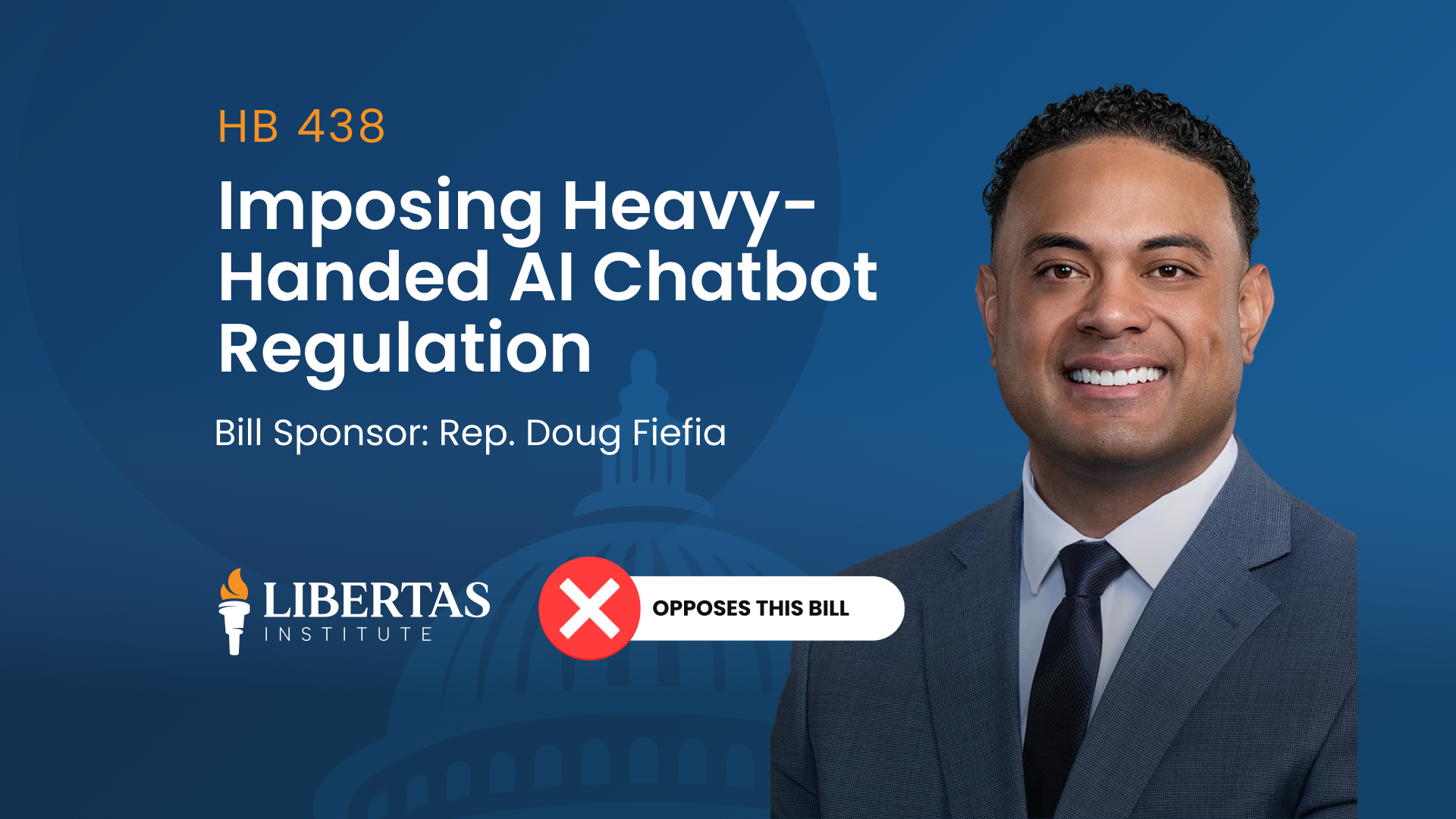This bill was not voted on in the House or Senate.
Libertas Institute opposes this bill
Current law allows an individual to record a private conversation in which they are a party. Only a small handful of states—California, Michigan, and Illinois among them—prohibit this practice, only allowing you to record with consent of other participants in the conversation.
Representative Lowry Snow is sponsoring House Bill 330 which would change Utah to an all-party state; recordings by individuals would only be legal with consent of all participants in the conversation.
The proposed legislation does exempt a number of circumstances. Here is a partial list:
- recordings of an emergency nature;
- recordings likely to involve or convey threats of extortion, blackmail, bodily harm, injury, abuse, whether physical, psychological, or otherwise, other unlawful requests or demands, or evidence of a crime;
- communication likely to be fraudulent, obscene, or harassing in nature;
- communication that occurs anonymously, repeatedly, or without invitation or at an inconvenient hour;
- communication intended to harass or that is part of an ongoing pattern of harassment or abuse;
- statements by a public official or public employee in the performance of the public official’s or public employee’s official duty.
Unfortunately, this list of exemptions does not cover other reasonable circumstances in which a person should be allowed to legally record a conversation they are having. For example, consider a case where a person wants to retain a recording of a private conversation out of a desire to later prove their innocence in disproving a false claim that was made about what they said or did in the meeting.
Numerous use cases such as this would be banned as third degree felonies under the proposed legislation. Utah should remain a one party state; individuals should be free to record conversations they have with others.




